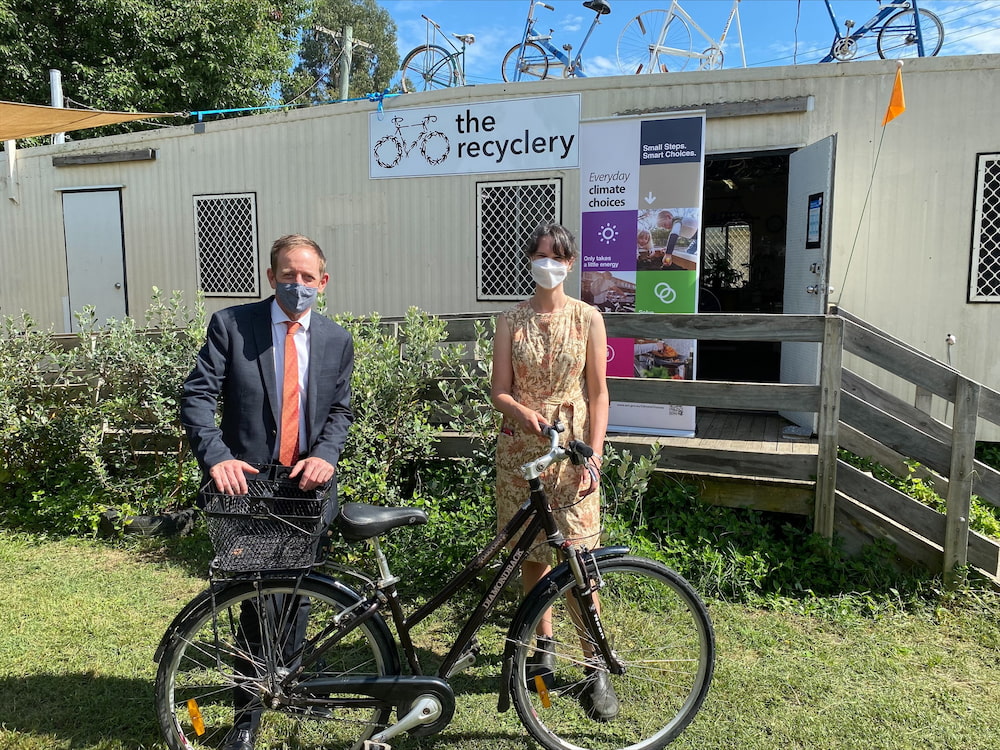The Community Zero Emissions Grant, launched today, empowers the community to act on climate change.
$150,000 is available for community organisations, not-for-profits, and individuals who have innovative and diverse projects that help the ACT transition to a highly liveable, net-zero emissions city by 2045.
Shane Rattenbury, ACT Minister for Emissions Reduction, encouraged the public “to get their thinking caps on, unleash that project they had in mind, think about how they can make an impact on their neighbors, and amplify something that can help Canberra build its reputation as one of the leading cities in the world for tackling climate change”.
While the grants focus on reducing emissions (particularly from transport and gas, the ACT’s two biggest sources), the government has added climate resilience or adaptation.
“We need to make our city more resilient to the changes coming in the future,” Mr Rattenbury said.
This year’s is the fifth round; in the last four years, Mr Rattenbury said, it has supported 23 projects, focusing on active travel, zero emissions vehicles, waste reduction, composting and recycling, renewable energy, and home energy efficiency.
The Canberra Environment Centre received a grant to promote the ReCyclery, a community bicycle workshop that tunes up unwanted bikes and sells them again to the community cheaply – an example of the ‘circular economy’, said the centre’s acting director, Zoe Anderson. The public can also learn to fix bikes.
The grant helped the ReCyclery to “hone their outreach,” Ms Anderson said. They created a new logo, signs, and a website, made T-shirts for their volunteers, and upgraded their equipment.
Last year, the Conservation Council ACT Region and the Canberra Environment Centre received a grant for Make the Move, a trial program to encourage active commuting. The Hackett Compost Collective installed a community composter; Rebus Theatre produced ‘Inner Climate’, exploring psychological, social, and political issues about lowering carbon emissions; and Oz Harvest Ltd was able to store and redistribute more surplus food.
“We will not be able to meet our net zero emissions targets without the involvement and leadership of our community,” Mr Rattenbury said.
“Canberra is fortunate to have a strong community of climate change innovators, artists, educators, and activists, who generate new ideas and solutions for how we can all reduce emissions and increase our resilience to the effects of climate change.”
Applications close 25 March. See information on previous grants and how to apply by visiting the Everyday Climate Choices website.



